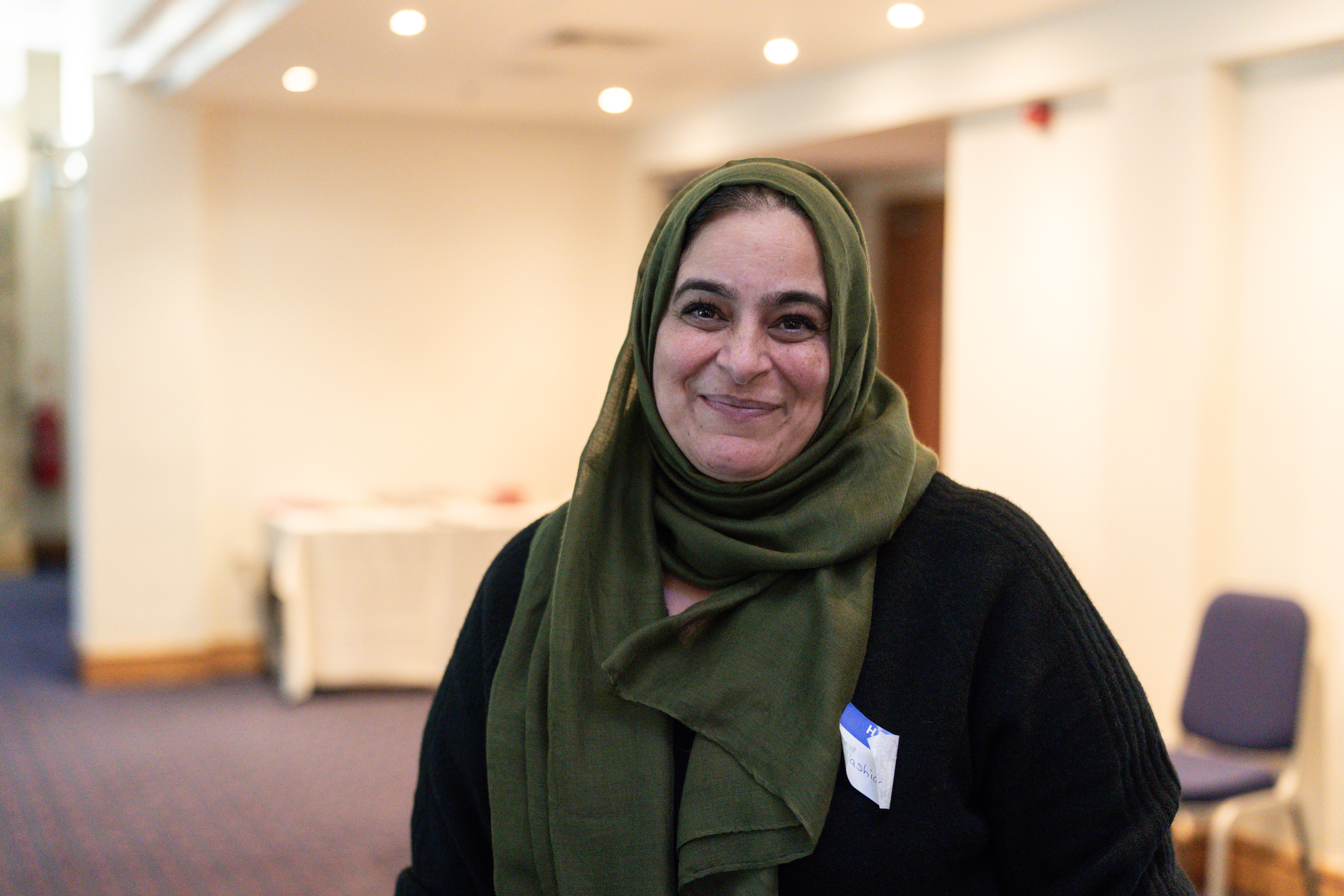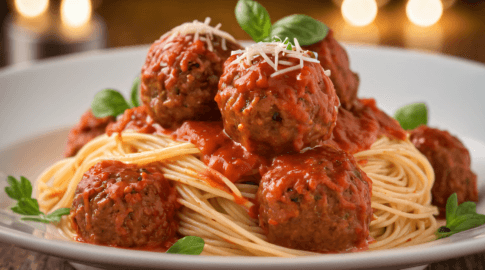Meet dietician Chermaine Kwant
Chermaine Kwant is a registered dietician with personal experiences of pulmonary hypertension. Here, she shares her story….
Chermaine was diagnosed with idiopathic pulmonary arterial hypertension in 2011, and she has spent the last ten years learning more about how good nutrition can improve quality of life in illness. She is now a researcher at Amsterdam University Medical Centre and is completing a PhD in the subject of nutrition and pulmonary hypertension.
Has food and nutrition always been of interest to you?
“When I was 12 years old, I really gained interest in cooking. I decided I wanted to become a cook. When the brother of my former partner became very sick, he got help from a dietician. I’d never heard of this profession, and it sparked my interest.
I decided I wanted to become a researcher and study a rare disease and help these patients with their nutrition. What I never could have imagined was that I first had to get a rare disease myself, before I would even get the opportunity to become a researcher.”
Can you tell us about your personal journey with PH and how that led to researching nutrition in a professional capacity?
“In the summer of 2011, I was feeling very sick during my vacation, and I thought I had pneumonia. When I returned, I kept feeling really tired and was short of breath.
On Christmas eve of that same year, I had a mild stroke and whilst in hospital the doctors noticed that there was something really wrong with my heart. After a few tests they told me that I suffered from idiopathic PAH and had approximately one year left to live.
However, I responded very well to treatment, and couldn’t believe I was that sick. But after the first year, things worsened. Although I travelled, worked, and lived my life to the fullest, I needed more and more medication and I started trying different diets to make myself feel better.
They did make me feel better, but the PAH still progressed, and a lung transplant was inevitable. This took place five years after my diagnosis.
A year after the surgery, I visited the hospital in Amsterdam where I was treated for my PH and spoke to my former doctor. He asked about my thoughts on nutrition and PH and while I spoke, he started to draw a timeline on a whiteboard. ‘And there is your thesis!’ he said.
He explained he was asking me to start a PhD. It felt like a fairytale after being hospitalised for so long, and the long recovery after my transplant.”
Why is nutrition so important when it comes to managing chronic health conditions like PH?
“I think nutrition is the base of every form of life. Every cell in your body can function, whether this is good or maybe not so good, because of the way you feed it. You can compare yourself with a car. When you need petrol for fuel, and you use diesel instead, you know that you won’t be able to drive as far (or maybe at all).
I also think nutrition is a relatively easy way to empower yourself. You eat and drink every day, so why not take control over your disease and try to make yourself feel better?
It’s not about ‘curing’ the disease. But every opportunity to make yourself feel better, especially with such a heavy disease as PH, is a win.
I’m not saying this as a researcher or as a nutritionist, but as a patient. Because I know from that point of view that nutrition can make a difference. It can make the difference between feeling completely tired, feeling okay, or maybe even feeling really good. And that is a huge difference when it comes to PH.”
















